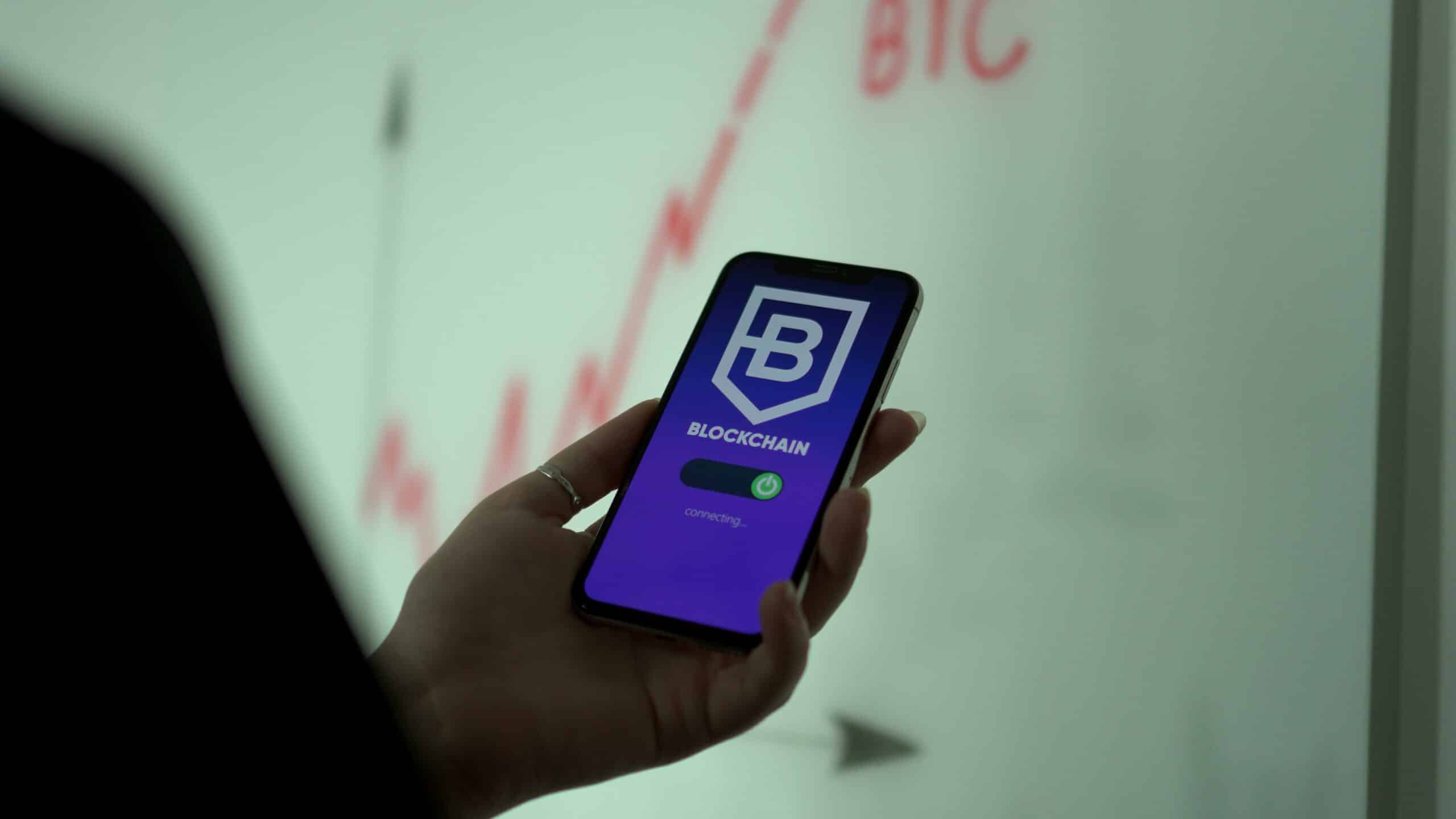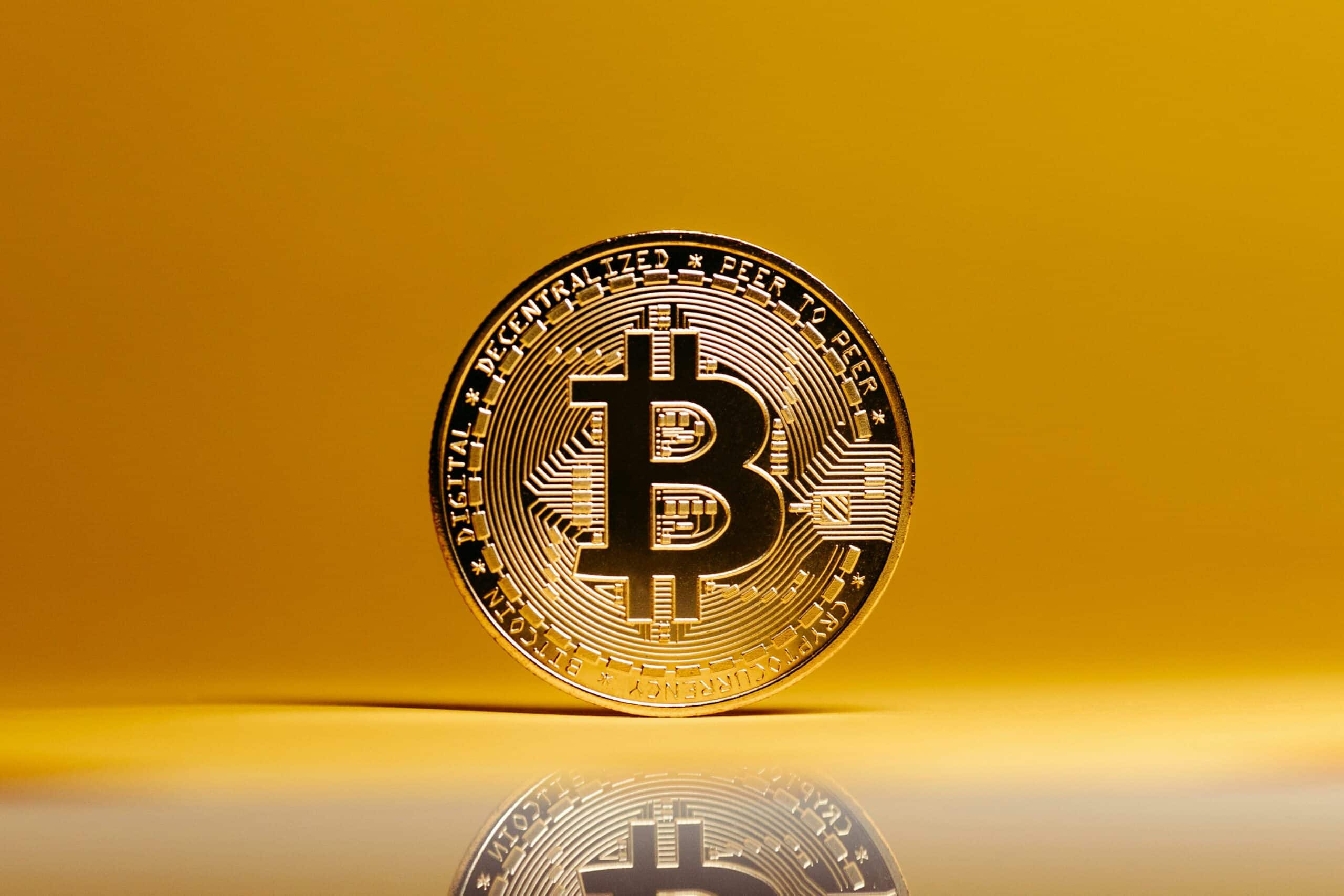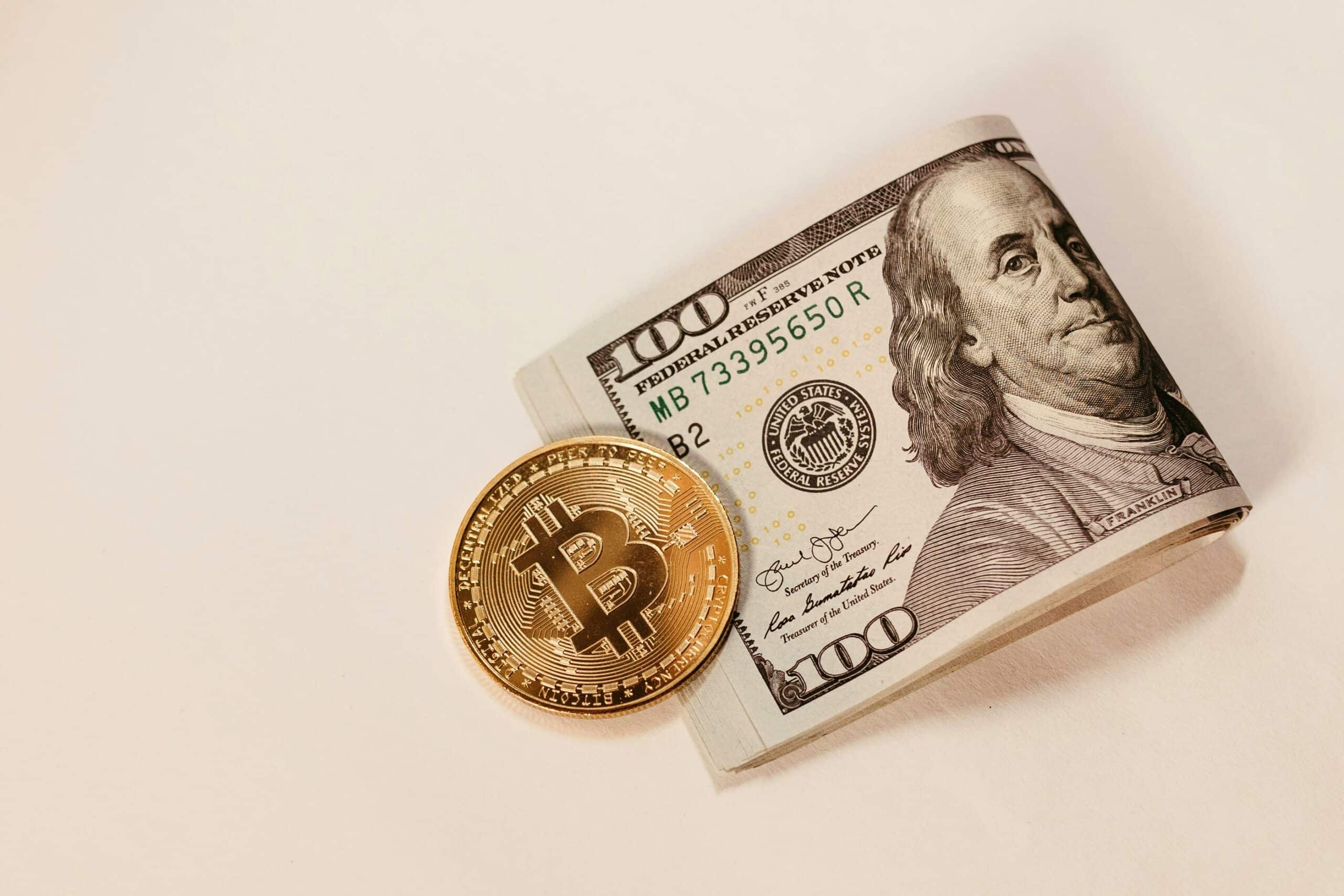Choosing the right crypto wallet is crucial to ensure the security and convenience of your digital assets. With the growing popularity of digital currencies, the market offers various types of wallets, each with its own features and benefits.
In this comprehensive guide, we will explore the different types of crypto wallets, the key factors to consider when selecting a crypto wallet and best practices for secure storage.
Table of Contents
What Is a Crypto Wallet?
A crypto wallet is a digital tool that allows individuals to securely store, manage, and interact with their cryptocurrencies. It serves as a bridge between the user and the blockchain network, enabling them to store their private keys, which are essential for accessing and managing their digital assets.
In the world of cryptocurrencies, transactions are not stored or managed by traditional financial institutions like banks. Instead, they are recorded on a decentralized and transparent public ledger called the blockchain. To interact with the blockchain and conduct transactions, users need a crypto wallet.
At its core, a crypto wallet consists of two main components:
Public Key
The public key, also known as the wallet address, is a unique alphanumeric string that acts as the destination for funds. It is freely shareable and serves as a way for others to send cryptocurrencies to the wallet.
Private Key
The private key is a secret cryptographic code that is associated with the public key and acts as a password to access and control the funds stored in the wallet. It is crucial to keep the private key secure and confidential since anyone who possesses it can gain control over the associated cryptocurrencies.
How Do Crypto Wallets Work?

Crypto wallets work by leveraging a combination of cryptographic keys and blockchain technology to enable the storage and management of digital currencies. Here’s a simplified explanation of how crypto wallets work:
Public and Private Keys
As mentioned previously, each crypto wallet consists of a pair of cryptographic keys – a public key and a private key. The public key is used to receive funds, similar to an account number, and it can be freely shared with others. The private key, on the other hand, should be kept secret and serves as the password or access code to the wallet.
Wallet Address
A wallet address is derived from the public key and acts as a unique identifier for the wallet. It is a combination of letters and numbers, typically represented as a long string of characters. Other users can send cryptocurrencies to this address to transfer funds to your wallet.
Wallet Types
There are different types of crypto wallets, including software wallets (desktop, mobile, or web-based), hardware wallets (physical devices), and paper wallets (physical printouts of your keys). Each type offers varying levels of security and convenience.
Wallet Functionality
Crypto wallets enable users to perform various functions:
1. Receiving Funds
To receive cryptocurrencies, you provide your wallet address to the sender, who then initiates the transfer to that address.
2. Sending Funds
To send cryptocurrencies, you specify the recipient’s wallet address and sign the transaction with your private key. This cryptographic signature confirms your ownership and authorizes the transfer.
3. Balance and Transaction History
Crypto wallets provide information about your account balance and transaction history, allowing you to track incoming and outgoing transfers.
4. Security Measures
Wallets implement different security measures to protect your funds. This includes encryption of private keys, two-factor authentication (2FA), and multi-signature functionality.
5. Interaction with the Blockchain
Crypto wallets interact with the underlying blockchain network of the specific cryptocurrency. They connect to the network, retrieve account information, and broadcast transactions to the network for verification and inclusion in the blockchain.
It’s important to note that crypto wallets do not actually store the cryptocurrencies themselves. Instead, they store the private keys required to access and manage the funds associated with the wallet address on the blockchain. The blockchain maintains a decentralized ledger of all transactions, ensuring transparency and security.
The Different Types of Crypto Wallets
There are various types of cryptocurrency wallets available in the market today. Let’s take a look at the different types of crypto wallets to choose from:
Paper Wallets
A paper wallet for cryptocurrency, also known as a “cold storage” solution, is a physical copy or printout of a public and private key, usually in the form of a QR code.
These keys can be used to store and manage the storage of various cryptocurrencies, such as Bitcoin, Ethereum, and Litecoin, offline.
This method of storage is considered to be one of the most secure ways to hold crypto as it eliminates the risk of hacking or theft associated with online storage solutions. By using paper wallets, users can protect their digital assets from cyber threats and ensure the safety of their investments.
Hardware Wallets
Another reliable option is a hardware wallet, often called a physical wallet. These devices securely store your private keys, enabling you to perform transactions offline. Typically stored on a USB drive or micro SD card, hardware wallets provide seamless and secure access to your digital assets.
Desktop Wallets
Desktop wallets, as their name suggests, are programs that you install on your computer and use to manage digital currencies. They can be downloaded for free and accessed by any device that is connected to the internet. For this reason, they are considered more secure than web-based or mobile wallets since they can be kept offline if necessary.
Mobile Wallets
For quick and convenient access to your digital assets on the move, consider mobile wallets. These smartphone applications enable easy sending, receiving, and management of cryptocurrencies from your mobile device. Embraced by crypto enthusiasts, mobile wallets offer seamless accessibility and are an ideal choice for those who prioritize convenience.
Software Wallets
A software wallet, also known as a web-based wallet, is a type of crypto wallet that is accessed through a browser instead of from a standalone application. These wallets are usually hosted by service providers such as exchanges or companies and allow users to manage their digital funds with ease.
They also offer greater convenience for people who don’t want to download any additional apps on their mobile phones. It is important to note that a software wallet is categorized as a hot wallet because of its connection to the internet. The Coinbase wallet is one of the most popular web-based wallets available.
Defi Wallets
A defi wallet is a type of cryptocurrency wallet that is specifically designed for decentralized finance applications. These wallets offer users a secure way to store their digital assets and access decentralized finance (DeFi) services such as yield farming and trading on DeFi protocols. Ledger Nano X and MetaMask are two of the most popular defi wallets.
By understanding the different types of cryptocurrency wallets available, you can choose the option that best suits your needs. Whether you prioritize security, convenience, or accessibility, there is a wallet type that aligns with your preferences.
Hot Wallets vs. Cold Wallets
A hot storage wallet, like the Exodus wallet, offers different functionality when compared to cold storage wallets.
When trying to decide which type of wallet is right for you, it’s important to understand the differences between hot crypto wallets and cold crypto wallets.
Hot Wallets
Hot storage wallets are online or mobile wallets that are connected to the internet in some way. They work by establishing a direct connection between your crypto assets and the internet, making them more vulnerable to hacking attacks. While they are convenient options for storing smaller quantities of cryptocurrency, they are not recommended for storing large amounts.
Cold Wallets
A cold wallet is a more secure alternative that doesn’t require an internet connection to work. Cold wallets can be stored on USB drives or micro SD cards in your physical possession and only connect with the blockchain network when you need to access them.
Cold storage of crypto assets is the most secure option available, making it a good choice for storing large amounts of digital currency. However, a cold storage wallet is also more inconvenient as you will need to manually access your crypto wallet when you want to initiate transactions.
Factors to Consider When Choosing a Crypto Wallet
When choosing a crypto wallet, it’s crucial to carefully evaluate the security levels provided. Each wallet varies in terms of security, so it’s important to assess the risks and benefits before making a decision. Consider diversifying your holdings across multiple wallets and platforms to enhance protection. With a wide range of crypto wallets available, take the time to determine which type aligns best with your specific security needs and budget.
By gaining a comprehensive understanding of the available options, you can confidently make an informed decision that suits your requirements.
Here are some of the key factors to consider when choosing a crypto wallet:
Security Features
Prioritize wallets that offer robust security measures. Look for features such as two-factor authentication (2FA), which adds an extra layer of protection, as well as multi-signature wallets that require multiple approvals for transactions.
Opt for wallets that use hierarchical deterministic (HD) key generation, like Ledger Nano S or Trezor, which generate a new address for each transaction and keep private keys offline.
Reputation and Track Record
Research the wallet’s reputation and track record in the crypto community. Check for any past security breaches or vulnerabilities. Choose wallets that have a strong history of security and are trusted by the industry and users.
User-Friendly Interface
Consider wallets with intuitive and user-friendly interfaces. A well-designed wallet with a simple and clear layout makes it easier to navigate and manage your digital assets effectively.
Compatibility
Ensure that the wallet supports the cryptocurrencies you intend to store. Some wallets may only support specific coins, so it’s crucial to verify compatibility before making a decision.
Backup and Recovery Options
Look for wallets that provide reliable backup and recovery options. This ensures that you can restore your wallet and access your funds in case of loss or device failure. Wallets that offer mnemonic phrases or seed phrases for wallet recovery are highly recommended.
Development and Updates
Check if the wallet is actively maintained and regularly updated by the development team. Regular updates indicate that the wallet is being enhanced and security vulnerabilities are being addressed promptly.
Community Support
Consider wallets that have an active and supportive community. A strong community can provide assistance, answer questions, and offer guidance when needed.
Mobile and Desktop Compatibility
Determine whether you prefer a mobile or desktop wallet based on your lifestyle and usage preferences. Mobile wallets offer convenience and accessibility on the go, while desktop wallets provide additional security by keeping your funds offline.
Customer Support
Assess the level of customer support provided by the wallet provider. Reliable customer support can be crucial in resolving any issues or concerns that may arise during your wallet usage.
Reviews and Recommendations
Read reviews and seek recommendations from trusted sources, such as crypto enthusiasts, industry experts, and online communities. Real-life experiences and feedback can provide valuable insights into the pros and cons of different wallets.
Conclusion
Choosing the best crypto wallet is essential for ensuring the security and convenience of your digital assets. By evaluating the key features and understanding the different types of wallets, you can make an informed decision that aligns with your specific security needs and budget.
Remember to prioritize wallets with advanced security measures, a strong track record, and a user-friendly interface. It is also important to consider the compatibility of the wallet with the cryptocurrencies you intend to store and the availability of reliable backup and recovery options.
Stay informed about the latest crypto updates and developments in the crypto wallet space, and seek support from the wallet provider and the community when needed. By following these crypto guidelines and conducting thorough research, you can choose a crypto wallet that safeguards your digital assets and empowers you to engage confidently in the world of cryptocurrencies!
FAQs
Which crypto wallet is the best?
Determining the “best” crypto wallet depends on various factors, including individual needs, preferences, and priorities. Here are some popular and reputable crypto wallets across different categories:
Hardware Wallets: Ledger Nano X, Trezor Model T
These physical devices offer excellent security by storing private keys offline. They are ideal for long-term storage of significant amounts of cryptocurrency.
Desktop Wallets: Exodus, Atomic Wallet
Desktop wallets provide a balance between security and convenience. They are installed on your computer and offer control over your private keys.
Mobile Wallets: Trust Wallet, Coinbase Wallet
Mobile wallets provide convenient access to your cryptocurrencies on the go. They are easy to use and often have built-in integrations with decentralized applications (DApps).
Web-Based Wallets: MetaMask, MyEtherWallet
Web-based wallets offer accessibility from any device with an internet connection. They are often used for interacting with decentralized finance (DeFi) applications.
It’s important to conduct thorough research and consider the wallet’s security features, reputation, community support, and compatibility with the cryptocurrencies you intend to store.
Ultimately, the “best” crypto wallet is subjective and depends on your specific requirements and preferences.
How do I choose a crypto wallet?
When choosing a crypto wallet, there are several factors to consider to ensure the security and convenience of your digital assets. Here’s a step-by-step guide on how to choose a crypto wallet:
1. Determine Your Needs
Understand your requirements and priorities. Consider factors such as security, convenience, accessibility, supported cryptocurrencies, and desired features.
2. Research Different Types of Wallets
Familiarize yourself with the various types of crypto wallets available, including hardware wallets, desktop wallets, mobile wallets, and web-based wallets. Each type has its own advantages and considerations.
3. Security Features
Prioritize wallets that offer robust security measures. Look for features such as two-factor authentication (2FA), hierarchical deterministic (HD) key generation, multi-signature functionality, and encryption of private keys.
4. Reputation and Track Record
Research the wallet’s reputation and track record in the crypto community. Look for wallets that have a strong history of security and are trusted by the industry and users. Check for any past security breaches or vulnerabilities.
5. User-Friendly Interface
Consider wallets with intuitive and user-friendly interfaces. A well-designed wallet with a simple and clear layout makes it easier to navigate and manage your digital assets effectively.
6. Compatibility
Ensure that the wallet supports the cryptocurrencies you intend to store. Some wallets may only support specific coins, so it’s crucial to verify compatibility before making a decision.
7. Backup and Recovery Options
Look for wallets that provide reliable backup and recovery options. This ensures that you can restore your wallet and access your funds in case of loss or device failure. Wallets that offer mnemonic phrases or seed phrases for wallet recovery are highly recommended.
8. Development and Updates
Check if the wallet is actively maintained and regularly updated by the development team. Regular updates indicate that the wallet is being enhanced and security vulnerabilities are being addressed promptly.
9. Community Support
Consider wallets that have an active and supportive community. A strong community can provide assistance, answer questions, and offer guidance when needed.
10. Reviews and Recommendations
Read reviews and seek recommendations from trusted sources, such as crypto enthusiasts, industry experts, and online communities. Real-life experiences and feedback can provide valuable insights into the pros and cons of different wallets.
11. Customer Support
Assess the level of customer support provided by the wallet provider. Reliable customer support can be crucial in resolving any issues or concerns that may arise during your wallet usage.
By considering these factors and conducting thorough research, you can choose a crypto wallet that aligns with your specific security needs and budget. Remember to prioritize security, convenience, compatibility, and backup options when making your decision.
Which app can you use to buy Bitcoin?
There are several apps that you can use to buy Bitcoin. Here are three popular options:
Coinbase
Coinbase is one of the most widely used and trusted cryptocurrency exchanges. They offer a user-friendly mobile app that allows you to buy, sell, and store Bitcoin and other cryptocurrencies.
Binance
Binance is another popular cryptocurrency exchange that offers a mobile app for buying and selling Bitcoin. It provides a wide range of trading options and has a large selection of cryptocurrencies available.
Kraken
Kraken is a reputable cryptocurrency exchange known for its strong security measures. They have a mobile app that enables you to buy and sell Bitcoin, as well as trade other cryptocurrencies.
Does your crypto grow in a wallet?
Cryptocurrencies themselves do not grow or generate additional value while stored in a wallet. The value of cryptocurrencies such as Bitcoin, Ethereum, or others is determined by market demand and various factors like supply, adoption, and market conditions.
However, it’s worth noting that some cryptocurrencies offer staking or lending opportunities where you can earn additional rewards or interest by holding them in specific wallets or participating in certain protocols. These features are often associated with specific cryptocurrencies that use mechanisms like proof-of-stake (PoS) or decentralized finance (DeFi) protocols.
For example, some PoS cryptocurrencies allow you to stake your holdings in a wallet to support the network’s operations and earn additional cryptocurrency as a reward. Similarly, some DeFi platforms offer lending and liquidity mining programs where you can lend your cryptocurrencies and earn interest or rewards in return.
It’s important to research and understand the specific features and opportunities available for the cryptocurrencies you hold and the wallets you use. Keep in mind that these opportunities may involve certain risks and considerations, such as locking your funds for a specific period or exposure to smart contract risks.
What is the safest crypto wallet right now?
Determining the safest crypto wallet depends on various factors, including your specific security needs, preferences, and the level of control you want over your private keys.
The safest type of crypto wallet is generally considered to be a hardware wallet. Hardware wallets are physical devices specifically designed for secure cryptocurrency storage. They offer a high level of security by keeping your private keys offline and isolated from internet-connected devices, reducing the risk of online attacks and malware.













